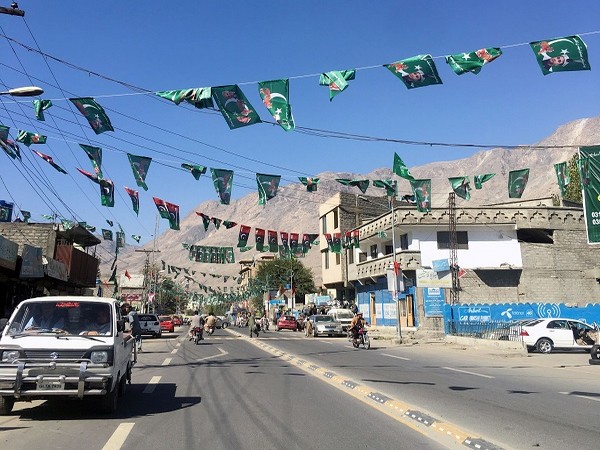Awami Workers Party Flags Concerns Over Power Project Privatization in Gilgit-Baltistan
The Awami Workers Party has raised alarm over the privatization of power projects in Gilgit-Baltistan’s Hunza district, alleging it risks locals' water resources and livelihoods. A controversial agreement will see four power plants handed to a multinational, sparking fears of resource exploitation and increased costs.

- Country:
- PoGB
Leaders from the Awami Workers Party have voiced strong opposition following the decision to privatize power projects in Pakistan-occupied Gilgit-Baltistan. The transfer of four power plants and all future electricity ventures, including water resources, to a multinational corporation has stirred significant apprehension among local communities.
In a press release, the Awami Workers Party's Gilgit-Baltistan District Hunza chapter said, "We believe this move jeopardizes the people of Hunza by potentially depriving them of their natural water resources, jobs, and land, and could entrap them in global corporate capitalism." Scheduled for August 14, the agreement will hand over the public sector power plants in Mayoon, Hassanabad, Khyber, and Misgar to Industrial Promotion Services (IPS), a multinational funded by the World Bank and the EU, under a public-private partnership framework.
The party further argued that the deal lacks legal legitimacy, stating, "Hunza remains a disputed and unsettled district. The local population, who are the rightful stewards of the land and water resources according to international agreements, were neither consulted nor gave their consent." Local leaders are concerned that the privatization could lead to resource exploitation and negatively impact the livelihoods of residents. There are also fears of increased utility costs and reduced access to essential services.
Overall, the privatization has sparked controversy, with communities worried that multinational corporations or distant authorities may make decisions misaligned with local interests. Corruption concerns further exacerbate frustrations, with allegations of misuse of funds and lack of transparency in decision-making processes.
Reports suggest that financial resources intended for power projects may be mishandled or misappropriated, impacting both quality and efficiency. (ANI)
(With inputs from agencies.)










